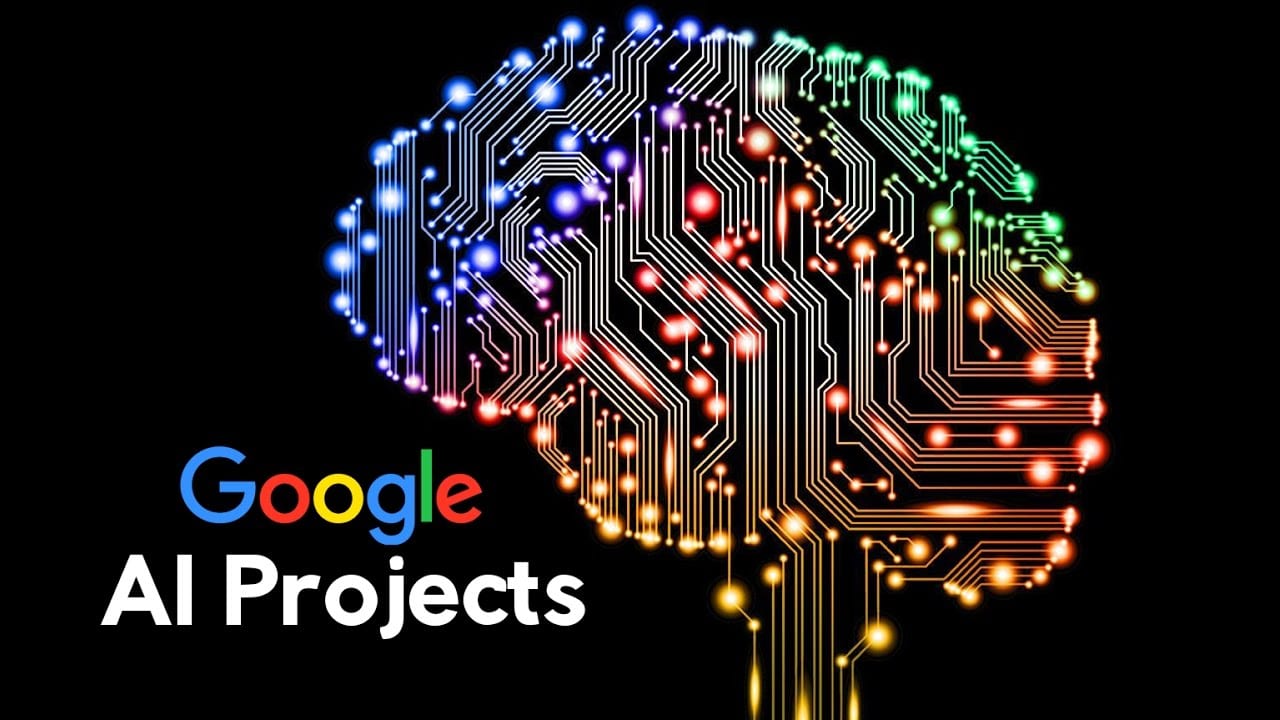Google’s Artificial Intelligence (AI) breakthrough in medical diagnostics has sparked a major upheaval, offering a revolutionary single eye scan that predicts cardiovascular events. This cutting-edge technology has the power to transform traditional diagnostic approaches such as CT scans, MRIs, and X-rays.
With its potential for non-invasive early detection and intervention, this technology holds the promise of improved patient outcomes and a transformative influence on cardiovascular healthcare. It is regarded as a beacon of hope, offering enhanced possibilities for diagnosing and treating cardiovascular conditions.
Dr Vandana Khullar, Consultant, Department of Ophthalmology, PSRI Hospital, New Delhi, told The Sunday Guardian, “The implications of Google’s AI technology in cardiovascular healthcare are far-reaching. Correlating retinal vasculature with atherosclerotic phenomenon is well known. Rates of retinal artery to retinal venous vasculature changes well in calibre of retinal arteries, venous changes, A-V junction changes. cholesterol cleposits, thromboembolic phenomenon, haemorrhages are some of the parameters that are screened at the retina clinic in patients with abnormal lipid profile, stroke, intracranial haemorrhage, heart attacks, haematological diseases like polycythaemia, sickle cell anaemia etc. Correlating clinical findings with AI will help in screening of high-risk individuals who are predisposed to cardiovascular events, thus helping in early diagnoses and saving lives.”
Although the medical community has undeniably acknowledged the ground-breaking nature of this innovation, they emphasize the importance of subjecting the technology to thorough verification processes by competent authorities and observing its performance in real-world scenarios before fully endorsing it. While they welcome this remarkable advancement, medical professionals advocate for an initial cautious approach
Sharing similar views on the breakthrough, Dr Aashish Chaudhry, Managing Director of Aakash Healthcare Super Specialty Hospital in Dwarka, Delhi, also acknowledges the news of this remarkable development, but urges caution. He emphasizes the importance of verifying the authenticity and genuineness of these findings, not solely by Google, but by reputable medical bodies and experts. Rigorous scrutiny and validation are crucial to ensure the reliability and accuracy of such transformative advancements.
Dr Divya Kant Consultant Radiology of Asian Hospital, Faridabad also said that although it is a path-breaking innovation, thorough verification of the technology needs to be done before it is implemented. Speaking to this newspaper, Dr Kant said, “The eye, considered a window to the body’s overall health
The eye, specifically the retina, is a window into the body’s overall health. The rear interior wall of the eye, or the fundus, is filled with blood vessels that reflect the body’s overall health. By studying their appearance, doctors can infer critical information like an individual’s blood pressure, age, and smoking habits, all of which are important predictors of cardiovascular health.
Taking cue from this window into the individual’s overall health Google is training their cardiovascular prediction algorithm. Google and Verily’s scientists used machine learning to analyse a medical dataset of nearly 300,000 patients. This data included eye scans as well as general medical data. Neural networks were then used to mine this information for patterns, learning to associate telltale signs in the eye scans with the metrics needed to predict cardiovascular risk, such as age and blood pressure. When tested, Google’s AI was able to distinguish between the retinal images of two patients, one who suffered a cardiovascular event in the following five years and one who did not, 70% of the time. This performance was only slightly lower than the commonly used SCORE method of predicting cardiovascular risk, which requires a blood test and makes correct predictions 72% of the time.
Google while introducing this technology to the world earlier this week said that the company began their journey four years ago when they had tied with the researchers from Aravind Eye Hospital who worked on the project for four years with the mission to develop an automated tool for detecting diabetic retinopathy, a leading cause of blindness globally. The algorithm they developed could recognize the signs of the disease and deliver a diagnosis within seconds when supplied with a patient’s retinal photos. The algorithm is expected to be given the green light to operate independently soon, changing the landscape of eye disease detection and management.
But the AI’s capabilities didn’t stop there. Earlier this year, Google debuted an algorithm capable of identifying a person’s sex, smoking status, and predicting the five-year risk of a heart attack, all based on retinal imagery. The AI had the ability to pick up on problems that the people who trained it couldn’t, opening up a world of possibilities for early detection of other diseases such as dementia, multiple sclerosis, Parkinson’s, Alzheimer’s, and even schizophrenia.
Google’s AI set to disrupt medical diagnostics
इस शब्द का अर्थ जानिये
- Advertisement -

